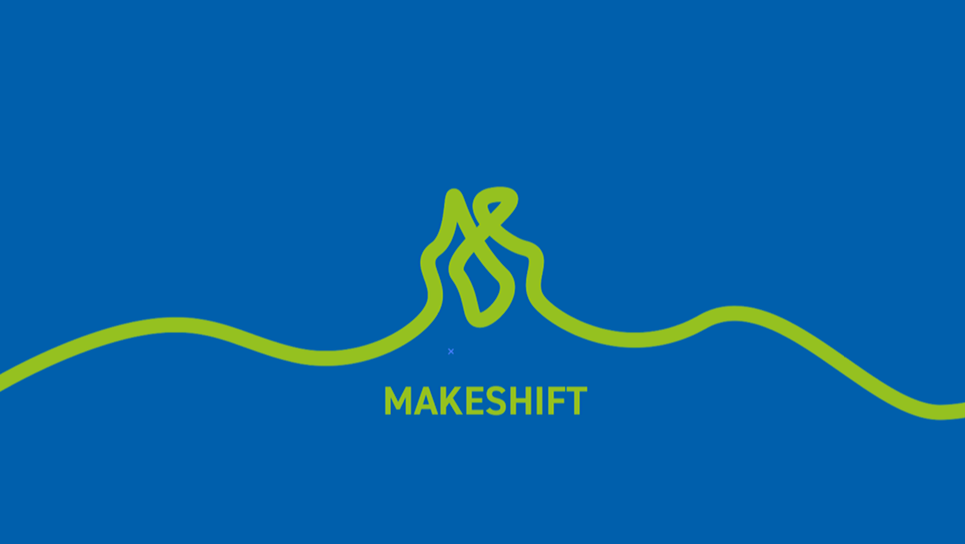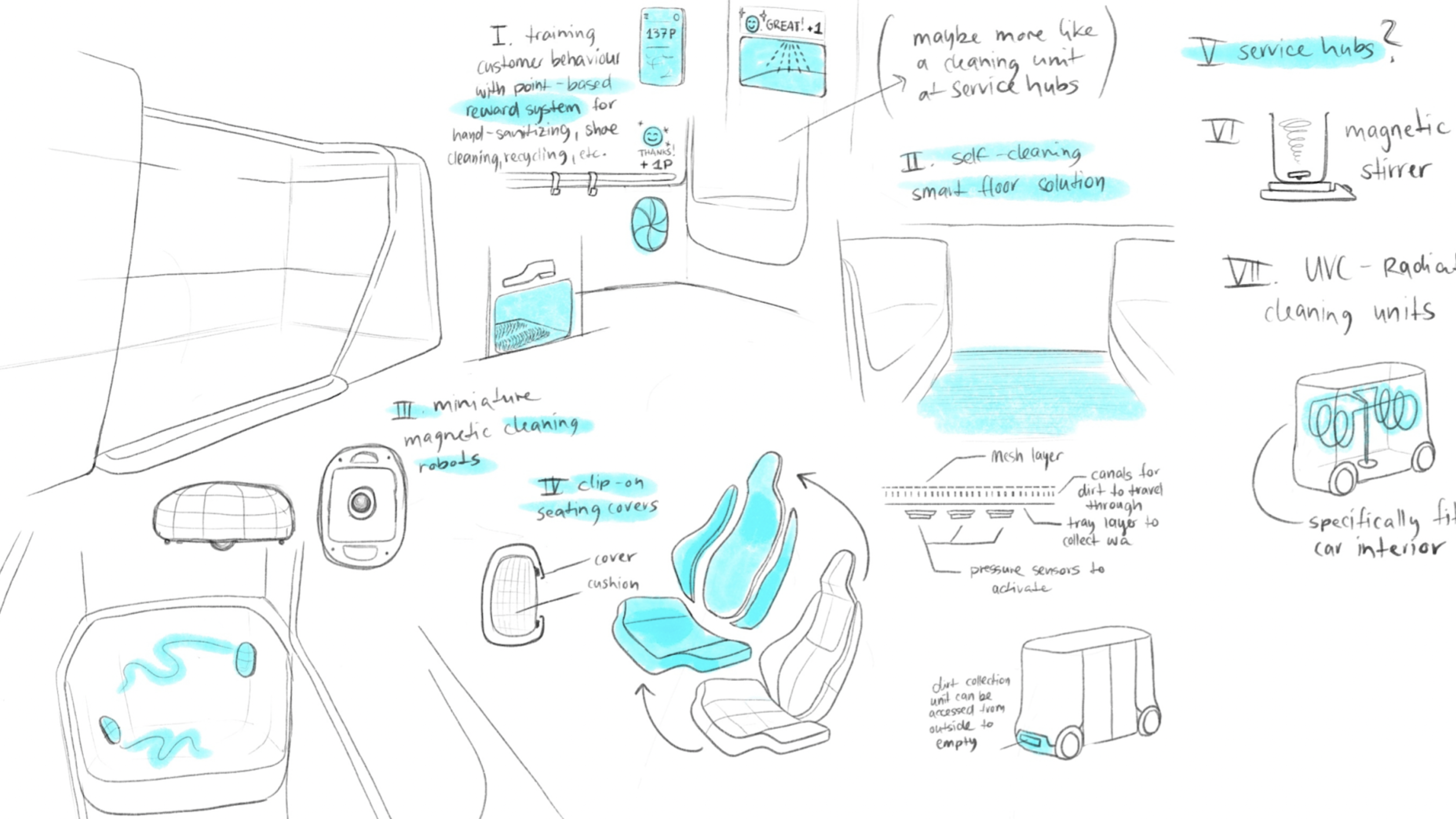Interim Analysis of the Microgravity Research Ecosystem For A Circular Model To Build Accessibility and Inclusion in the Future LEO Economy
This thesis highlights the potential of microgravity research in unlocking new insights and innovations in healthcare, personal care, and food production. However, the current microgravity research ecosystem faces challenges in accessibility, affordability, and inclusivity. Our interim analysis proposes a prototype for a circular model that addresses these challenges and builds accessibility and inclusion in the future Low Earth Orbit (LEO) economy for 2028, with a focus on B2B collaboration and data sharing. Our microgravity circular service proposition provides a solution to the challenges of limited accessibility, high costs, and gatekeeping, aligning with NASA's commitment to inclusivity and diversity in the space industry. By collaborating with private companies through our service, NASA can access valuable data and insights, enhancing their own research and development efforts. Our service prototype provides benefits for all stakeholders in the space economy, building inclusivity specifically for small businesses, emerging space nations, private space companies, and space agencies.
The next industrial revolution isn't on earth. It's going to be in space. By harnessing the potential of microgravity, we can usher in a new era of industry and innovation that will redefine the future of humanity. The key lies in implementing a service design that enables us to unlock the thousands of solutions waiting to be discovered in space.
In conclusion, microgravity research has the potential to revolutionise various industries and enable breakthroughs in medicine, technology, and materials science. However, the current microgravity research ecosystem faces challenges in accessibility, affordability, and inclusivity. The retirement of the International Space Station in 2028 adds further uncertainty to the wait times for microgravity research. To address these challenges and unlock the full potential of microgravity research, we propose a circular model that focuses on B2B collaboration and data sharing. Our service prototype aims to build accessibility and inclusivity in the microgravity research ecosystem and accelerate the development of groundbreaking technologies and innovations. By promoting collaboration and knowledge sharing among businesses and nations, and developing affordable microgravity-as-a-service options, we can create a more diverse and innovative microgravity research ecosystem that benefits society as a whole. We believe that our approach has the potential to make a greater impact for consumers than space tourism B2C and can result in a more efficient and sustainable space exploration and utilisation. As the demand for microgravity research continues to grow, it is essential to build a more inclusive and accessible ecosystem that enables all stakeholders to participate and contribute to the development of groundbreaking technologies and innovations.
The future of industry and innovation lies beyond our planet, and with the power of service design, we can build a better tomorrow for all of humanity.




